October 28, 2012
COMPOSER’S VOICE
Featuring Katherine Crawford and David Morneau

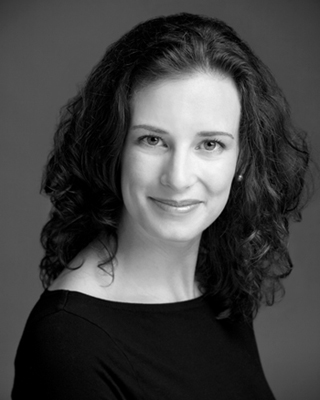
Katherine Crawford, a warm and versatile mezzo-soprano, holds a Master
of Music degree in Vocal Performance from the Conservatory of Music and
Dance at the University of Missouri - Kansas City, and a Bachelor of
Music degree in Vocal Performance from St. Olaf College. She enjoys
performing in the styles of opera, operetta, and musical theater, and is
especially interested in contemporary and experimental works.
Recently, Ms. Crawford has had the pleasure to perform with the Kansas
City Metro Opera, Kansas City Civic Opera, and UMKC Conservatory Opera
Theater, specializing in comic and light-lyric roles. She currently
sings with the Grammy Award-winning Kansas City Chorale, the Kansas City
Symphony Chorus, and is the lead vocalist in The Digital Honk Box
Revival, an improvisational electroacoustic music group. As a dedicated
church musician, she is a regular cantor and soloist for weddings,
funerals, and religious services for multiple denominations.
In addition to performing, Ms. Crawford enjoys helping others explore
and realize their vocal potential, and has maintained a private teaching
studio since 2003. Originally from Minneapolis, Minnesota, she is
presently based in Kansas City, Missouri.
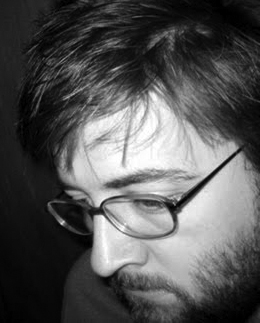
Described by Molly Sheridan as a "flashing beacon" of inspiration, David Morneau is a composer of an entirely undecided genre. In his work he endeavors to explore ideas about our culture, issues concerning creativity, and even the very nature of music itself. Morneau's eclectic output is best exemplified by 60x365, his "ambitious yearlong musical project" for which he composed a new one-minute composition every day. Morneau's current ambitious composition, Love Songs Project, is a collaboration with eleven poets that combines Shakespeare's sonnets with contemporary poetry in genre-crossing songs. Learn more at http://5of4.com
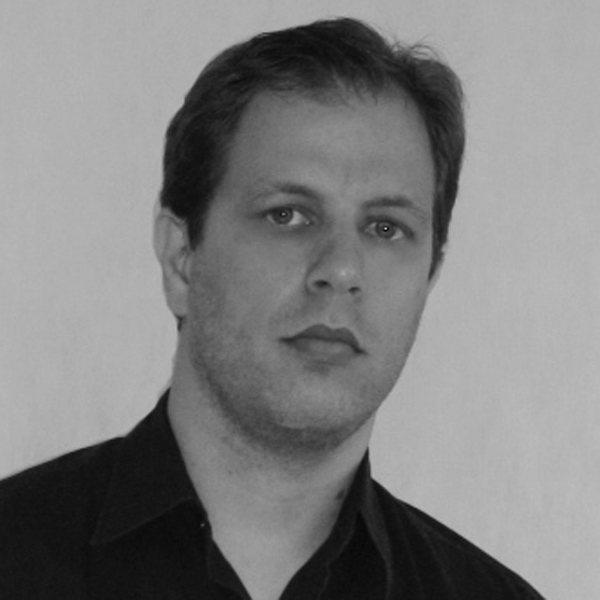
Rodrigo Baggio – Guitarist/Composer (Brazil) He has worked as an arranger and producer. His music has been performed in many cities around the world such as São Paulo, Brasilia and Tatuí (Brazil), Paris (France) and Quebec (Canada). He was the guest guitarist of Universitè Laval (Quebec) for their winter semester/2012.
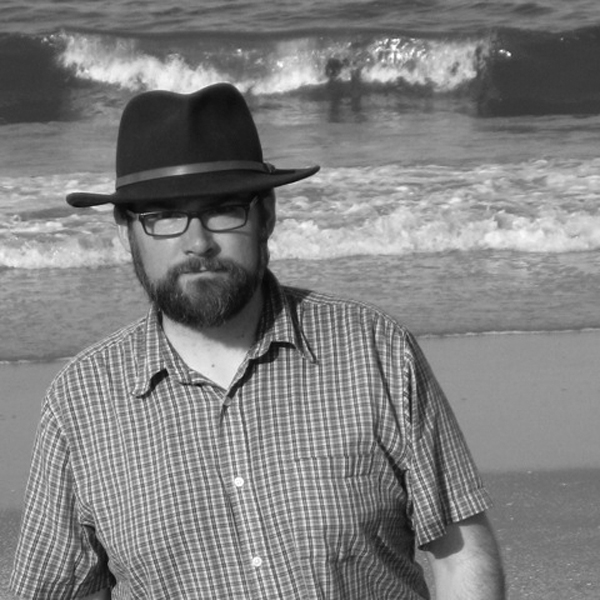
Jay C. Batzner is a composer, sci-fi geek, comic book reader, amateur seamster, home brewer, and former juggler on the faculty of Central Michigan University where he teaches music technology, theory, composition, and electronic music courses. He has been many places and has done several things, some of which are rather impressive.
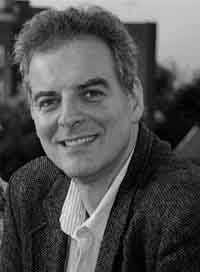
George Brunner is an American composer of international acclaim recognized for his electroacoustic and acoustic music works. Significant residencies include Institut International de Musique Electroacoustique de Bourges (2003 & 2009), Electronic Music Studios of Stockholm (1996, 1998 & 2001), and Istanbul Bilgi University, Turkey (2002 & 2004). Significant commissions include the Royal Irish Academy, Dublin Ireland (2003 & 2004), Morris Lang, principal percussionist of the New York Philharmonic (1997, 2007, 2012), Relache Ensemble (2001), and various individual performers and chamber groups. He composed 2 Short Operas produced by Remarkable Theatre Brigade for their Opera Shorts Program (2009, 2010).
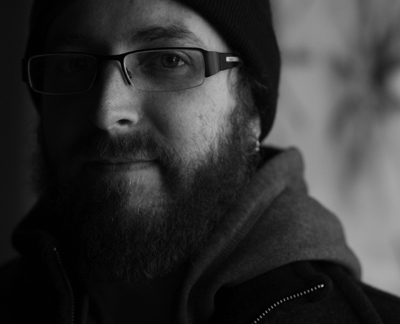
Scott Blasco is a composer and sound artist currently residing in Pullman, Washington. He is a board member of the Kansas City Electronic Music and Arts Alliance (KcEMA) and a founding member of the Kansas City-area electroacoustic new music ensemble The Digital Honkbox Revival. Scott teaches composition, theory, and electronic music at Washington State University. He recently completed the doctoral degree in music composition at the University of Missouri-Kansas City, and holds degrees in music from Western Michigan University and Calvin College and in theology from Fuller Theological Seminary, where he studied theology and the arts.
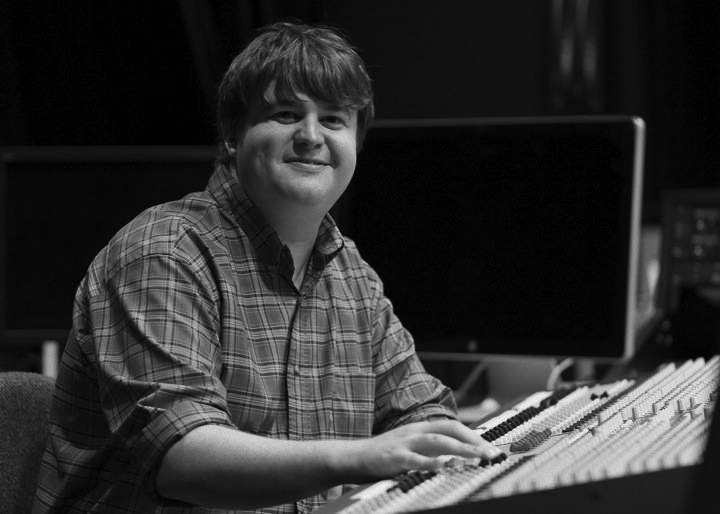
Greg Dixon holds a Ph.D in music composition from the University of North Texas where he specialized in computer music. His music has been performed internationally at conferences including ICMC, SEAMUS, PdCon, EMM, and performed as part of ÉuCuE’s and Vox Novus’ concert series.
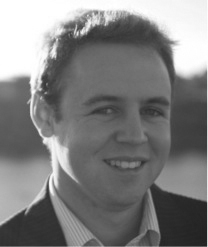
Elliott Hughes is an emerging composer from Melbourne. Originally trained in jazz, he’s successfully written for a variety of ensembles including orchestra, chamber groups, big bands and electroacoustic groups. His pieces have been performed around Australia, and he's soon to release a CD recorded by his ensemble, ‘Horizon Art Orchestra’.

David Morneau is a composer of an entirely undecided genre, a provider of exclusive unprecedented experiments. In his work he endeavors to explore ideas about our culture, issues concerning creativity, and even the very nature of music itself. Learn more at http://5of4.com
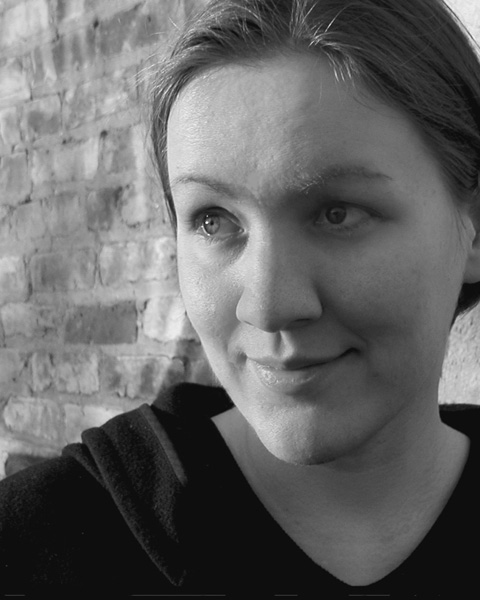
Kala Pierson is an American composer and sound artist. Her works have been performed and installed in 23 countries. Her long-term projects include Axis of Beauty (setting texts by Middle Eastern writers since 2004, in an ongoing response to her government's "Axis of Evil" propaganda) and Illuminated (setting texts about sex and sexuality from a broad range of cultures).
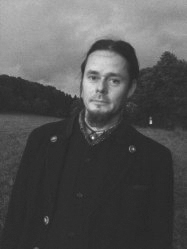
Thommy Wahlström born 1968 in Katrineholm-Sweden. Musician in folkmusic and free improvised music. Educated in composition at Gotlands tonsättarskola and the Royal College of Music in Stockholm. Bands: iii, barkbröder, wahlström/allard duo, wahlström/baars duo. Temporary homepage: www.thommywahlstrom.hemsida24.se Active in several areas: chamber music, EAM, improvised music and swedish folkmusic. Main instrument is soprano saxophone.
Scott Blasco: Four Songs from the Caucasian Chalk Circle (2009)
(mezzo-soprano and fixed media)
I. Song of the Rotten Bridge
II. Song of the Center
III. Lullaby
IV. Song of the Child
These four songs are excerpted from music written for a production of Bertolt Brecht’s epic play, The Caucasian Chalk Circle. In the context of the play, they are all sung by the heroine, Grusha Vachnadze, a servant girl working in the governor’s kitchen at the time of a bloody coup. In the confusion, the murdered governor’s infant son is left behind by his horrible mother, who is more interested in which dresses she can save. The child is found and rescued by Grusha, who flees the city, hunted by soldiers who wish the child heir dead. Over the course of her travels and travails, Grusha falls in love with the child, finally claiming him as her own. The Song of the Rotten Bridge, Lullaby, and Song of the Child reflect a progression from her loving and claiming the child, to seeing in him a future of redemption for the sins of his father. In the second song, Song of the Center, Grusha sings of her fiancé Simon, who has been conscripted into the military to fend off the invading armies.
The music for The Caucasian Chalk Circle was commissioned by the Dordt College Theatre Department. The texts are from Frank McGuinness’ adaptation of Stefan S. Brecht’s translation of the original play. Where the original play indicated titles (Song of the Rotten Bridge, Song of the Center, and so on), they have been retained in the score.
Texts used by permission.
Duration: c.14 minutes


